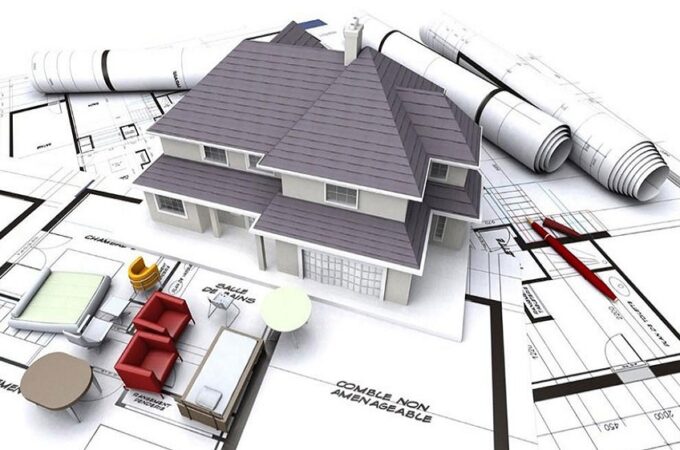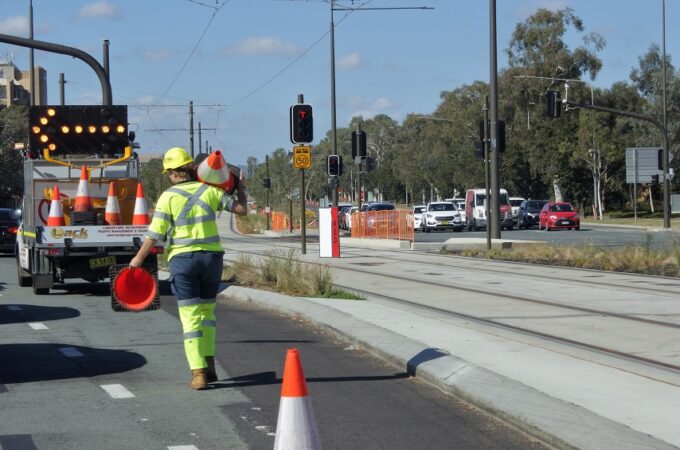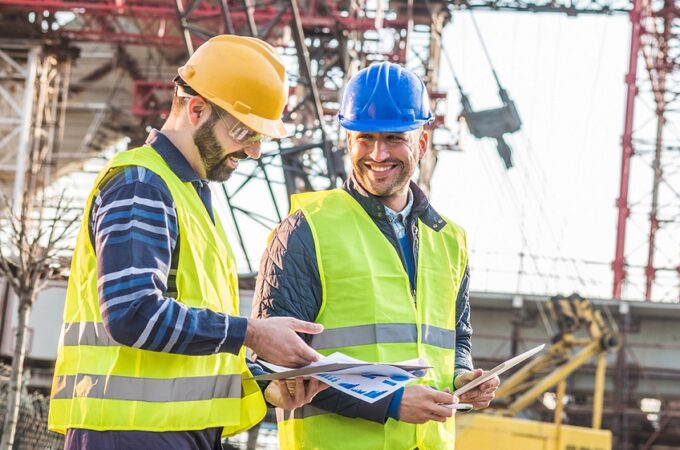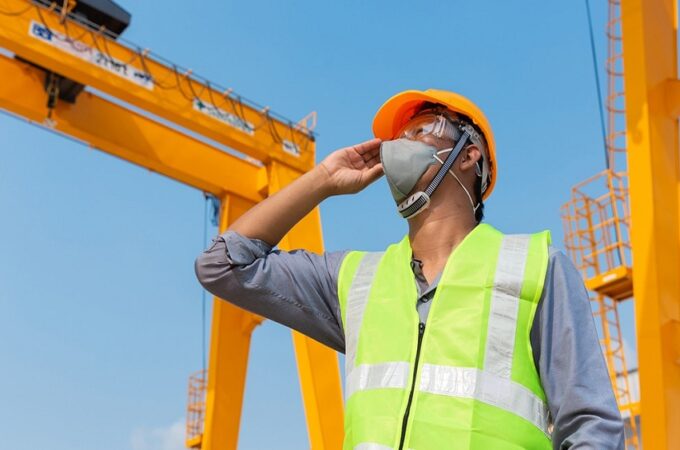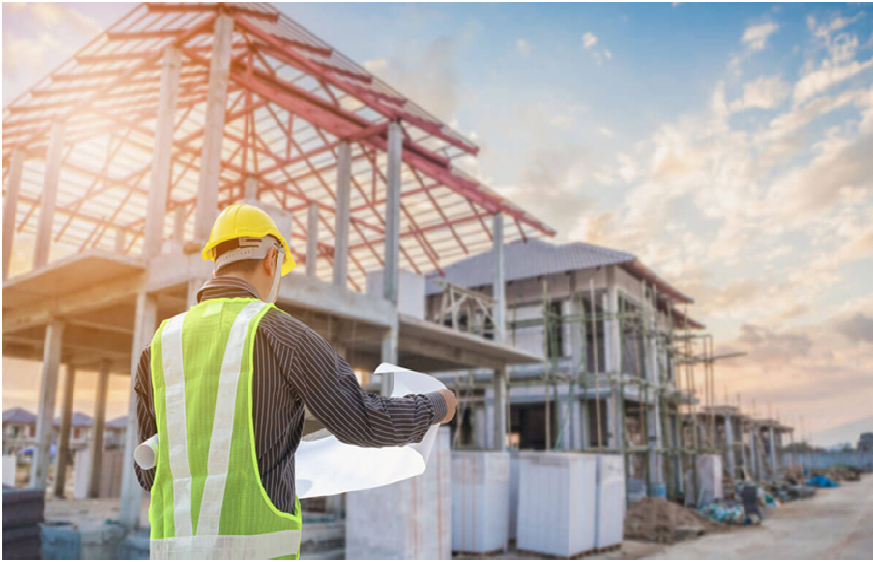
Stages Of Project Management
Construction project management helps you better direct personnel and material resources to make the completion of a building project more streamlined and proficient. Carrying out this technique by project home builders Sydney helps you rapidly distinguish likely issues and stay away from costly delays. There are different process levels that every construction project goes through. The following are six stages during project management:
Design
During the design stage, project managers and other construction leaders frame the project’s needs, goals, and objectives. At the point when a company wins a bid for a construction project, they incorporate a feasibility report to decide the time and budget. Whenever endorsed, the construction project manager moves ahead by making a site plan that includes the size and design of the project and every single required part and material. This stage contains gathering contract documents, construction specifications, and last drawings.
Planning
In the planning stage, the project home builders Sydney collects necessary permits and documents and organises the project structure. They frame a risk management plan, create a work breakdown structure, and compose a score report. These elements of the planning stage examine the project’s purpose, needs, and key features to ensure everybody knows what the project involves. The project manager also creates the project timeline, determines the project budget, and assigns team members their duties during this phase.
Procurement
Construction project managers solicit bids for materials, services, and equipment in the procurement stage. They submit purchase orders and arrange construction contracts. The project manager also develops a quality control plan to ensure all materials meet the guidelines. During this stage, the project management Sydney executives put together a safety plan to ensure all team members follow legitimate safety protocols. The project manager may also enlist sub-contractors during this stage.
Execution
In the execution stage, the physical construction begins. All personnel can start work at the project site, performing destruction or site leeway. The construction manager organises regular meetings during this time to decide whether they might change budgets and schedules. This stage also includes installing impermanent systems, such as power and water. The construction manager ensures the team is conveying materials on time and that the team is fulfilling quality control guidelines.
Commissioning
The construction team performs systems and equipment testing when the construction project is at or close to completion in the commissioning stage. They meet with clients to discuss the activity of the new project. This stage includes training personnel to operate and keep up with the new project. The construction manager delivers all project paperwork to the client during this phase. The project manager also makes sure the crew cleans up the job site.
Completion
In the completion stage, the client gives feedback. The construction project manager compiles a report on how the project went and what to work on from here on out. Then, at that point, the client performs every last inspection and accepts them. The team authoritatively completes the project when the client gives this previous approval. The construction project manager signs off on the project, and the team generally archives working documents. This stage also includes the last stroll-through with the client, warranty work, and project handover.
Final Words:
Thus, these are the six process levels of project management Sydney. This management process deals with all necessary procedures, documents and all other obstacles to constructing a building.

